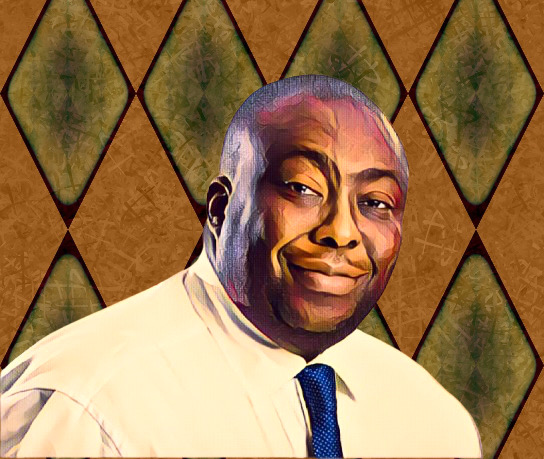KEY POINTS
- Kasukuwere accuses Mnangagwa of plotting to amend the constitution for personal power, jeopardizing Zimbabwe’s democracy.
- He ties the proposal to worsening economic struggles, urging citizens to resist this undemocratic move.
- A multipronged approach, including protests and legal action, is needed to stop the president’s power extension plans.
Saviour Kasukuwere, a former Zanu-PF political commissar and cabinet minister, has called on Zimbabweans to resist what he describes as an attempt by President Emmerson Mnangagwa to extend his presidency beyond the constitutional limit of 2028.
Kasukuwere condemns Mnangagwa’s power scheme
Speaking from exile in South Africa, Kasukuwere accused Mnangagwa of orchestrating a political scheme to amend Zimbabwe’s constitution, allowing him to stay in power until 2030 or beyond. He denounced the move as an attack on democracy, constitutionalism, and the rule of law.
“The constitution is the supreme law designed to safeguard against authoritarianism and power abuse,” Kasukuwere said in a public address. “Tampering with it for personal gain sets a dangerous precedent that threatens governance principles and Zimbabwe’s democratic future.”
A warning against authoritarianism
Kasukuwere, a prominent critic of Mnangagwa, labeled the proposed constitutional amendment as a calculated effort to consolidate power. He warned that this would dismantle critical democratic checks and balances while undermining governance and national stability.
“The 2017 coup was supposed to usher in reforms and progress,” he said. “Instead, it has entrenched corruption, mismanagement, and authoritarian tendencies. Extending Mnangagwa’s rule will further erode the country’s already fragile democracy.”
The former minister also alleged that Mnangagwa is using the façade of inclusivity, with some opposition figures complicit in his plans, to disguise the undermining of Zimbabwe’s democratic institutions.
Economic hardships amplify discontent
Kasukuwere tied the political struggle to Zimbabwe’s ongoing economic crisis, pointing to widespread poverty, industrial decline, and unemployment. He argued that the government’s focus on extending Mnangagwa’s presidency is out of touch with citizens’ needs.
“Zimbabwe’s economy is in freefall, yet resources are being diverted to political machinations. This misplaced priority comes at the expense of citizens struggling to make ends meet,” he said.
Kasukuwere called on civil society, religious groups, political parties, and ordinary Zimbabweans to unite in rejecting Mnangagwa’s proposed constitutional changes, framing the issue as a national emergency requiring collective action.
A call to action
He outlined a strategy to counter Mnangagwa’s plan, including legal challenges, mass protests, and international advocacy to draw attention to the erosion of democracy in Zimbabwe.
“This is a pivotal moment for our country,” Kasukuwere said. “The fight against these constitutional amendments is not just about preventing Mnangagwa’s power grab—it’s about protecting Zimbabwe’s future. Together, we can rebuild our nation and restore its dignity.”
As the situation unfolds, Zimbabwe faces a decisive crossroads in its pursuit of justice, stability, and a return to democratic norms.


